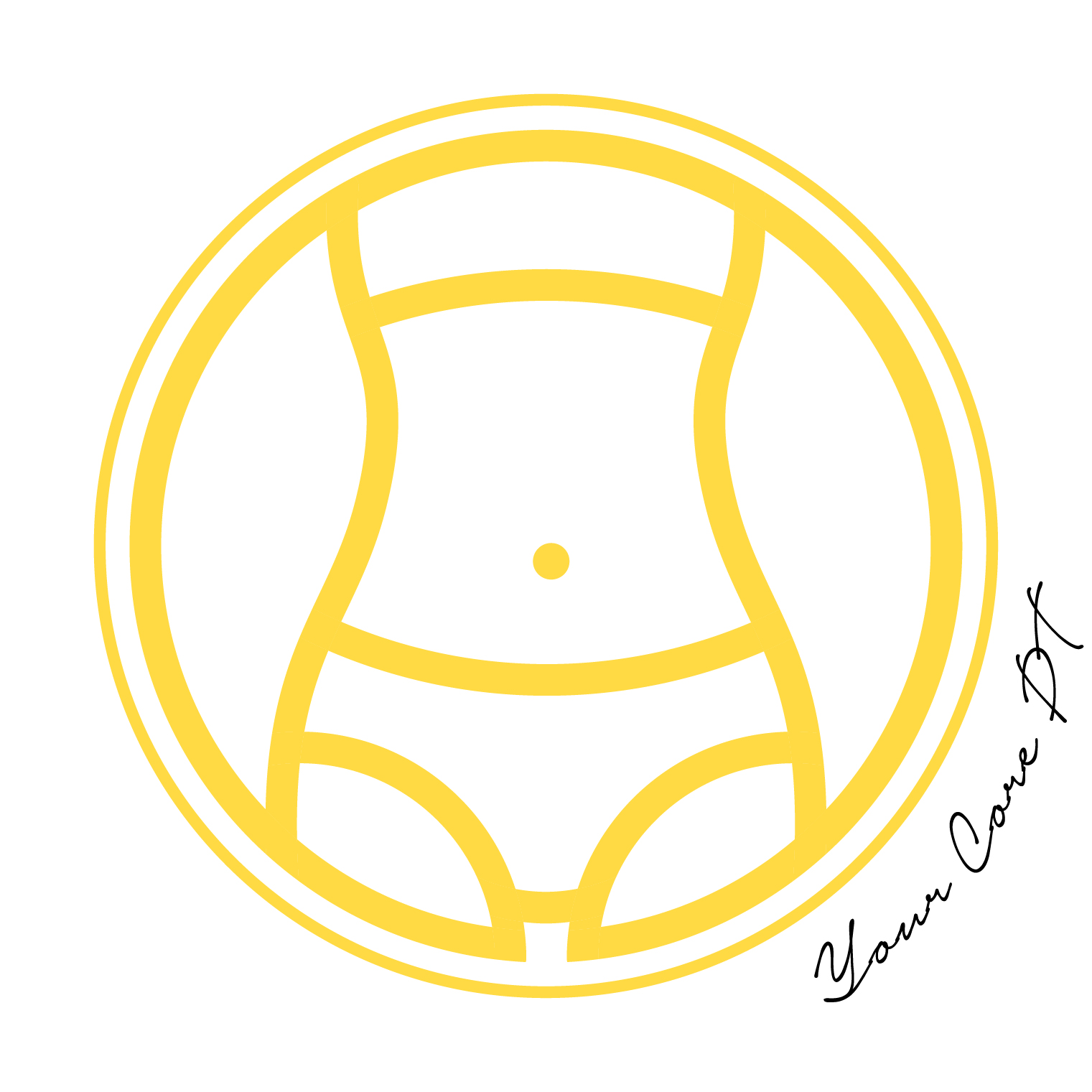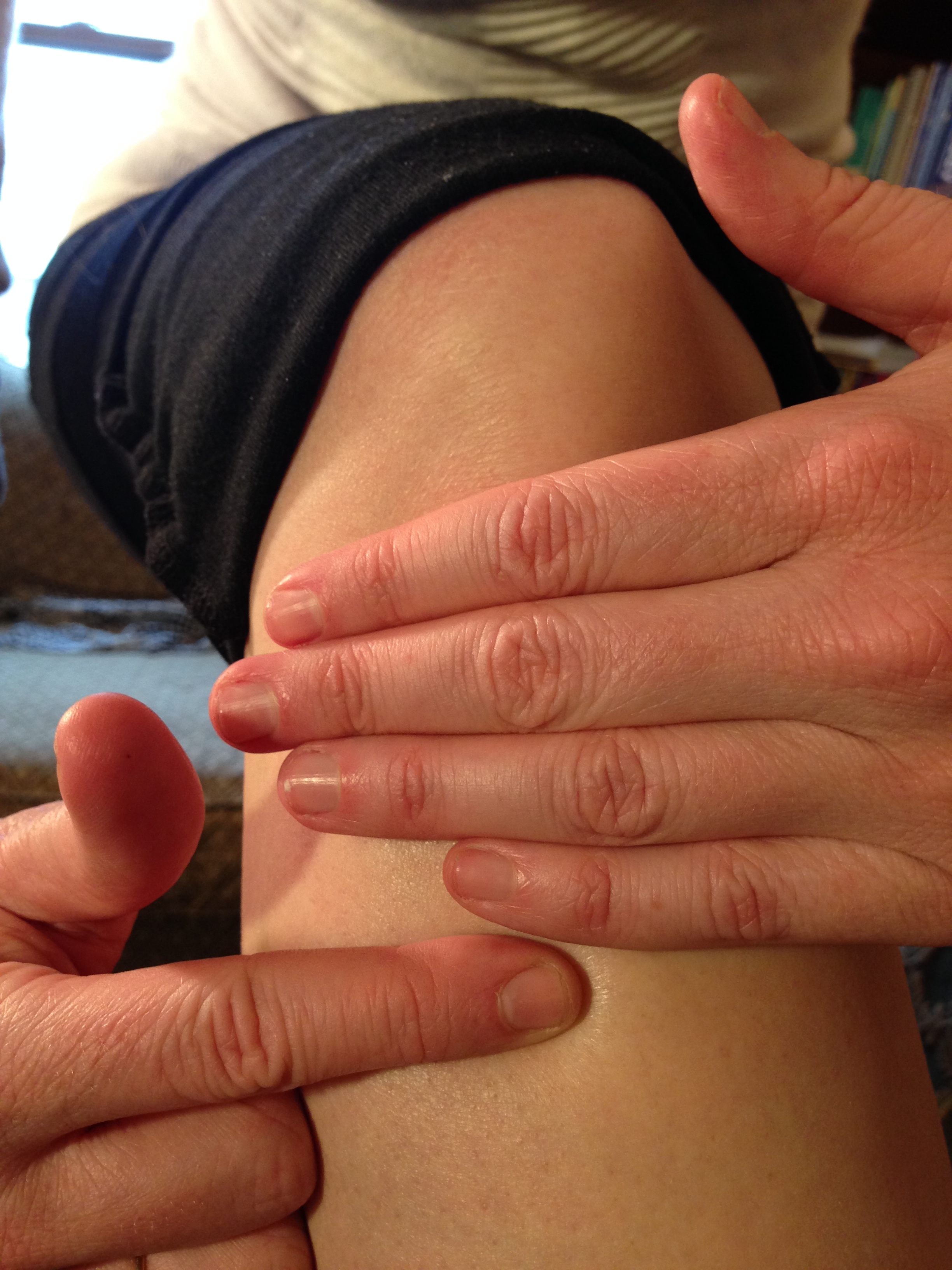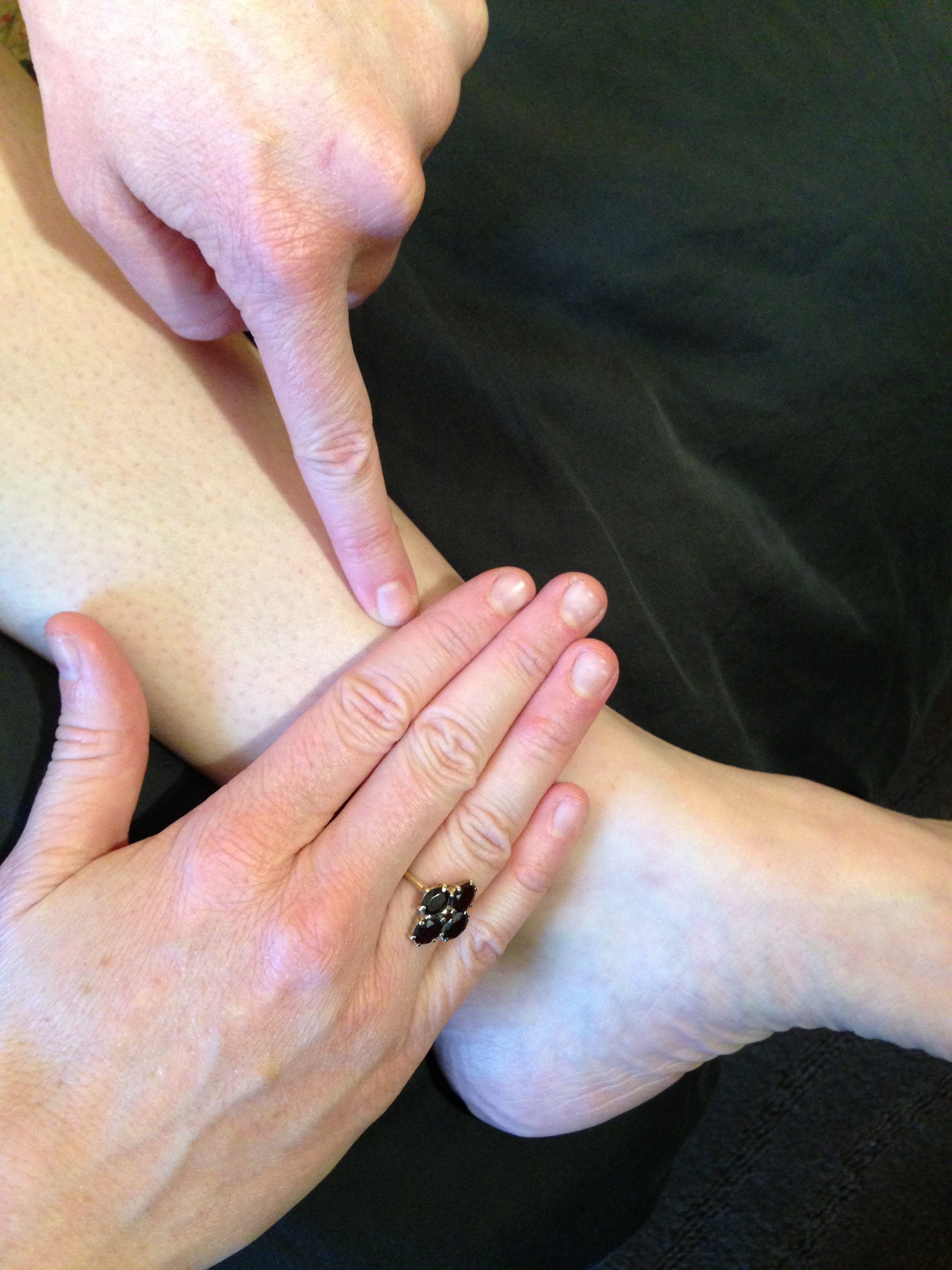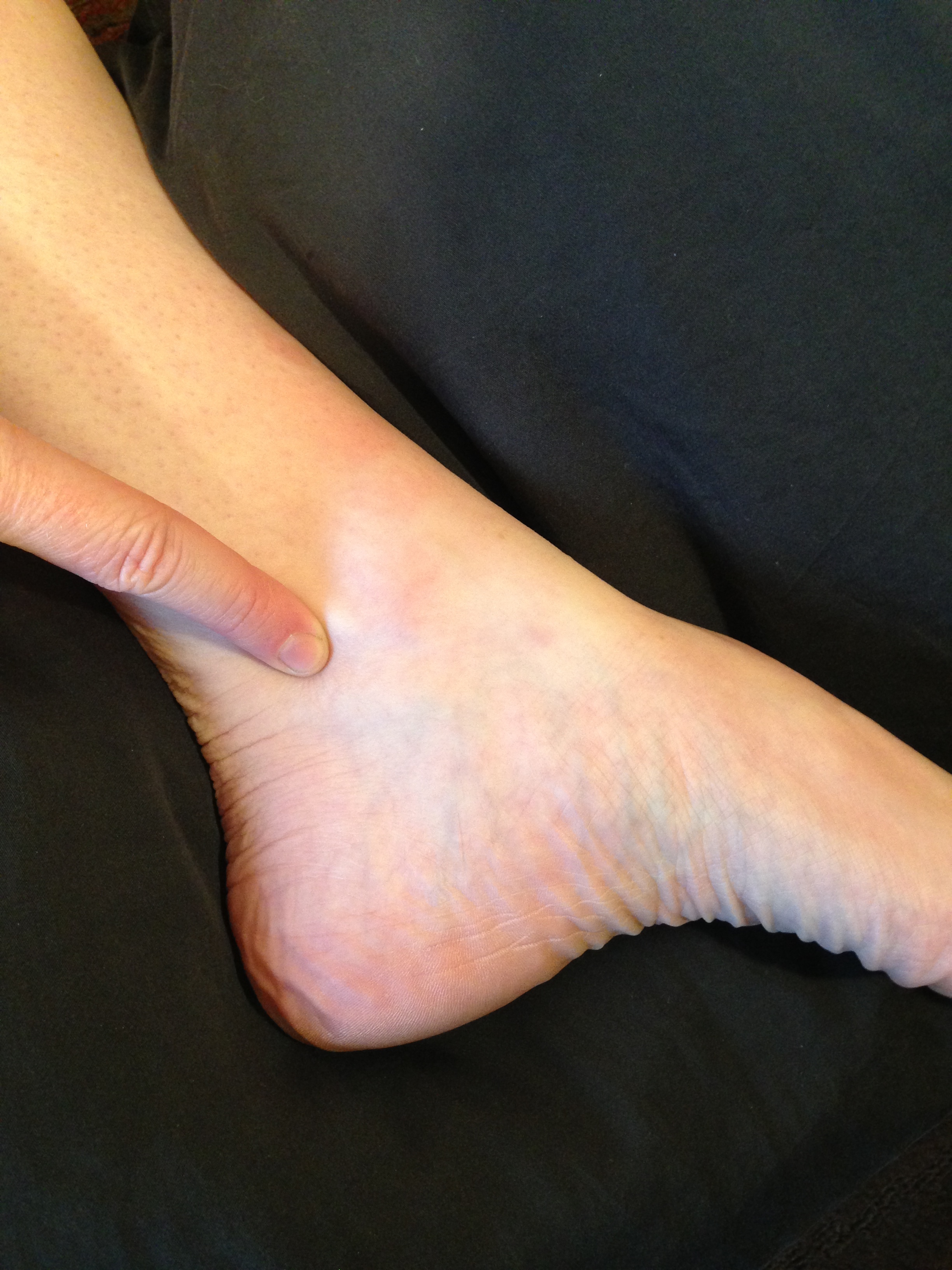Acupressure for Fatigue: Self-acupressure for Sustained Energy (Part 2)
Fatigue is one of the most distressing side effects of cancer treatment. Medication is often provided for this common complaint; however, the efficacy of this is not well supported. The reasons for fatigue are often multi-factorial and difficult to pinpoint as the root cause. Pain, electrolyte and fluid imbalances, anemia and changes in metabolic activity due to the immune system acting to clear the body of tumors, are all potential biological reasons for fatigue. Furthermore, a person navigating cancer treatment will almost undoubtedly experience emotional distress, sleep disturbances and changes in their nutrition which will affect energy reserves. Yes, drugs may be prescribed for these symptoms as well, but drug interactions have also been shown to contribute to fatigue.
Exercise is one of the only substantiated interventions for treatment of cancer-related fatigue, but recently I stumbled upon another non-invasive and effective approach…acupressure! Of the 19 participants assigned to the stimulatory acupressure group 65% reported at least a 31% improvement in symptoms (1). These points could easily be massaged while waiting for an appointment…why not turn passive ‘wait time’ into active self-healing time!
In Part 1 of this series, Lisa Sherman, ATc taught us the “Quick Pick-Me-Up” routine based on Zick and colleagues research comparing stimulatory acupressure points to relaxation acupuncture points. We reviewed Governing Vessel 20 (GV20 aka DU20) and Large Intestine 4 (L14). The remaining stimulatory points from this study will be covered in part 2 of this video series; “Acupressure for a Sustained Boost in Stamina.”
The 3 points covered in this video will include:
- Stomach 36 (ST36) ‘Zu San Li’ (bilaterally)
- Spleen 6 (SP6) ‘San Yin Jiao’ (bilaterally): (contraindicated in pregnancy)
- Kidney 3 (K3) (bilaterally)
Participants in Zick’s study who performed 30 minute self-acupuncture treatment sessions 3 times per week for 30 minutes experienced a 49.5% reduction in their symptoms after 12 weeks! (1) The greatest reductions in reports based on the Brief Fatigue Inventory scale occurred by week 4. The low dose group experienced even greater reductions in fatigue compared to the high dose group who performed self treatment 1-2 times per day for 30 minute treatment sessions! Apparently, it is the consistency and duration of treatment that matters the most in the reduction of fatigue with self-acupressure treatment not the frequency of sessions. (1)
Stay tuned for Part 3 of this series to see how these stimulatory points compared to the relaxation acupressure points. The results are delightfully surprising!
-Susannah Haarmann, PT, WCS, CLT
Lisa Sherman, LAc practices at Asheville Integrated Acupuncture and can be reached here. She also is an instructor for Light A Path, a non-profit group serving breast cancer survivors, the unhoused, incarcerated individuals and low-income school systems in the greater Asheville area. To learn more or donate to Light a Path click here.
Resource:
1. ) Zick SM et al, Relaxation Acupressure Reduces Persistent Cancer-Related Fatigue. Evidence-Based Complementary and Alternative Medicine 2011. Article ID 142913, 10 pages



